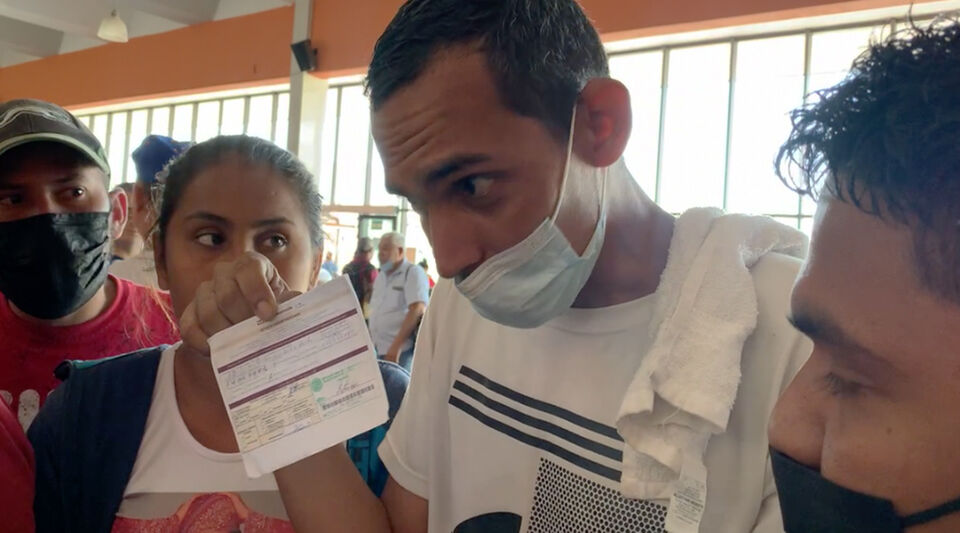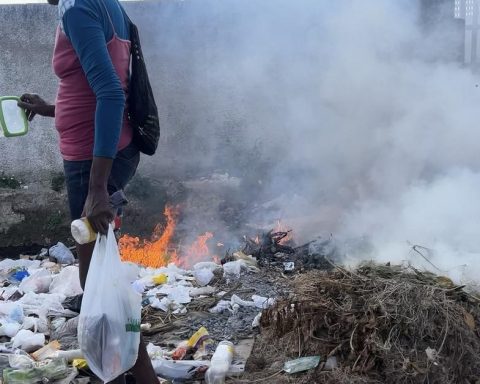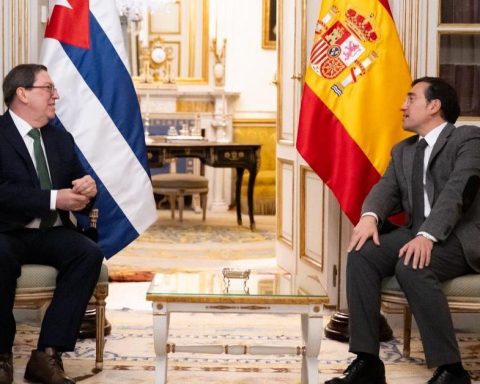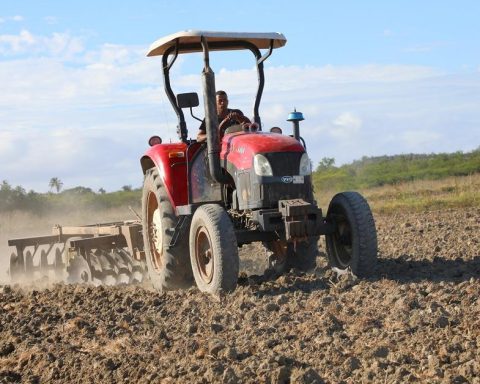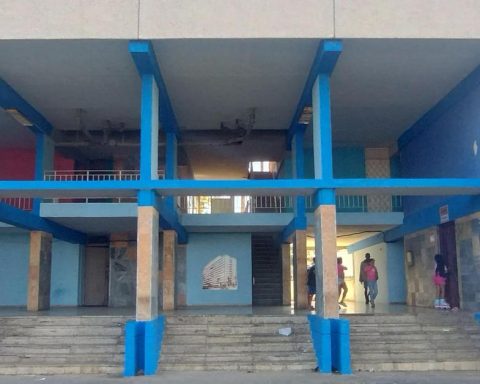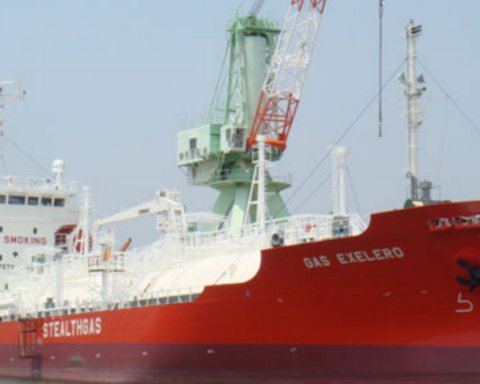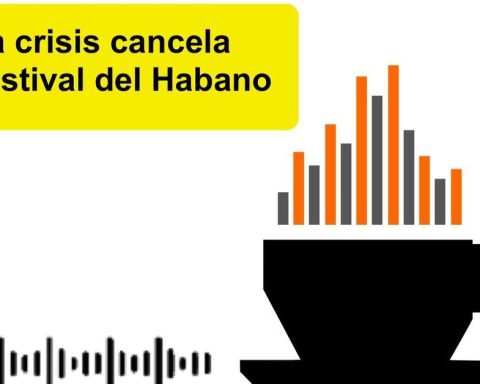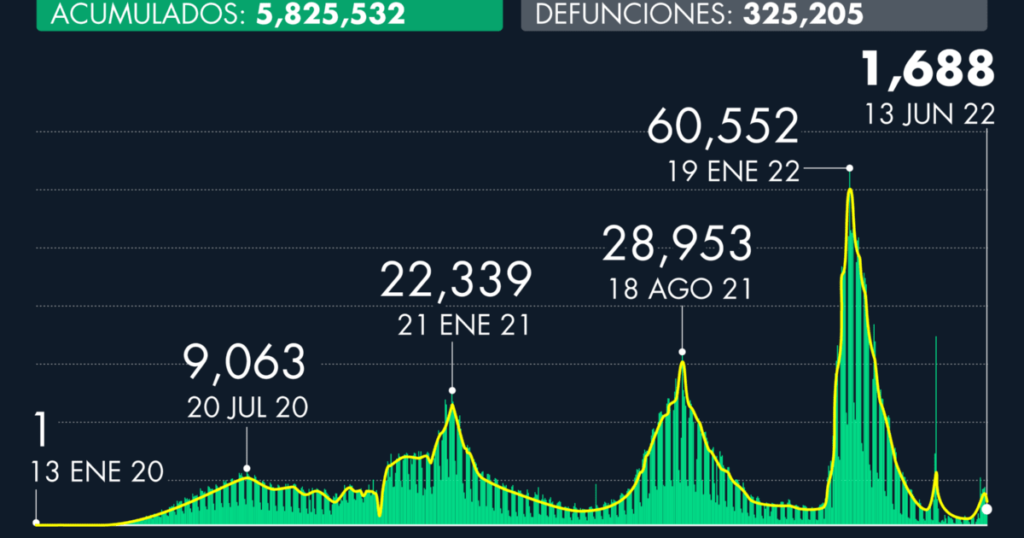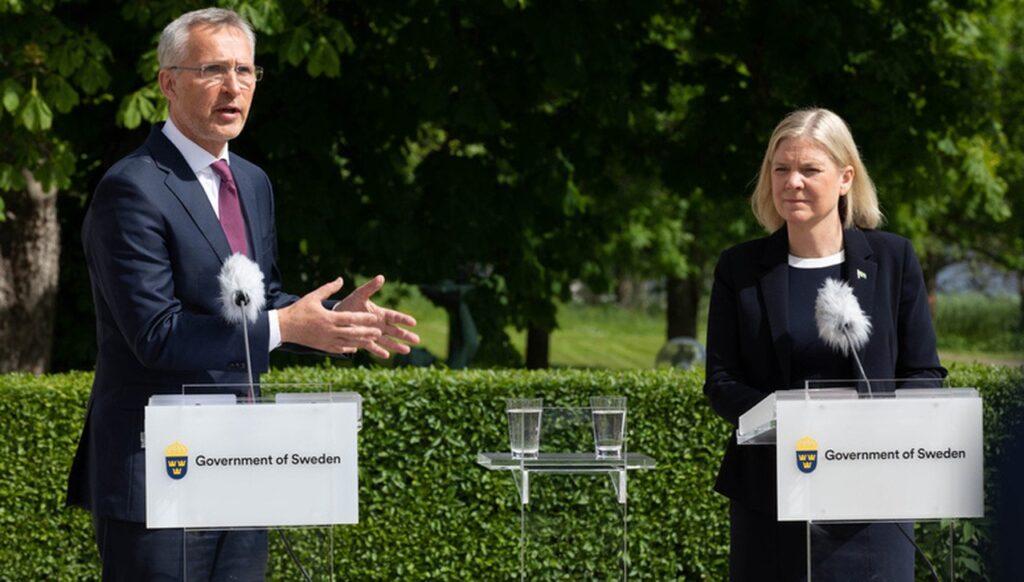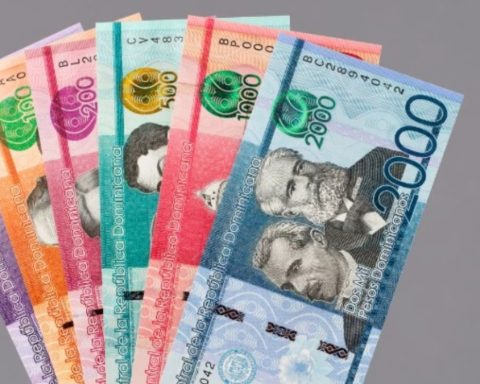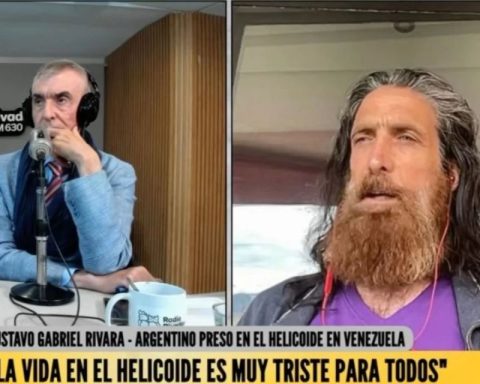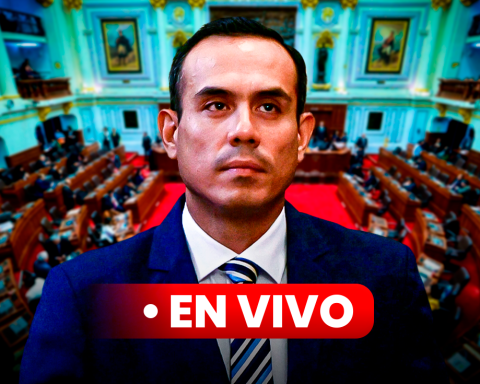The cities of Piedras Negras and Ciudad Acuña, on the border with the United States, “are not ready to receive thousands of migrants,” he tells 14ymedio Monsignor Alonso Gerardo Garza Treviño. The government of Andrés Manuel López Obrador “does very little” to support this transit, says the coordinator of migrant houses in the states of Tamaulipas, Nuevo León and Coahuila.
About 70 migrants remain stranded at the Saltillo bus terminal, which is 300 miles from the Rio Grande, most of them Venezuelans, some Cubans and Colombians. “There are no tickets for Acuña,” they were informed through the loudspeakers. “On Thursday an official letter arrived suggesting that we limit the sale of tickets to foreigners,” revealed Karen, a worker at the TF Frontera travel agency.
This Sunday, Karen says, Immigration personnel told them that as an additional requirement, “travelers should be asked for their voter ID for ticket sales.” Faced with the claims, Immigration and National Guard personnel appeared this Monday to indicate that their demands would be “served” individually.
The Multiple Immigration Form that was granted to them in Tapachula, even the visas “assert the agents, are not valid to travel through southern Mexico,” Venezuelan Freddy Rodríguez told this newspaper. “Now they want to pull us back when the document states that we have a 30-day permit to be able to travel without a problem.”
On June 11, Migration official Héctor Martínez Castuera agreed with activist Luis García Villagrán, director of the Center for Human Dignification (CDH) in Tapachula, the Delivery of the Multiple Immigration Form about 4,000 migrants of the 15,000 who had initially been identified as members of the caravan that left Tapachula.
“On Thursday an official letter arrived suggesting that we limit the sale of tickets to foreigners,” revealed Karen, a worker at the TF Frontera travel agency.
Rodríguez says that a group of more than 200 Cubans decided to separate from the caravan to the south of the country for fear of being arrested. “Some are arriving by other routes or with the coyotes“.
Through Facebook, videos have been disseminated in elements of the Criminal Investigation Agency (AIC), a body created in 2013 to combat crime, the National Migration Institute, the National Guard and the Army, are stopping trucks and lowering to migrants. At the crossroads of the highway that divides the route for those heading to Saltillo and Linares (Nuevo León), the military forced several Venezuelans to get off, who tried to follow the route on foot, but a few meters away they were cut off.
In the early hours of this Monday they were admitted to the Piedras Negras immigration station 150 people from Cuba, Venezuela and Nicaraguawho arrived in the city from Monterrey and tried to cross the Rio Grande.
Tickets were also stopped being sold to migrants at the Monterrey bus terminal, and according to a video uploaded on the Facebook wall of WTV El Mago Produce, “transport lines are not responsible for tickets already sold.” In Chiapas, carriers were ordered to prohibit service to migrants.
“The border is closed; don’t take risks” is the harsh message sent last week by Brian NicholsUS Undersecretary for Latin America in the framework of the Summit of the Americas, to the largest caravan of migrants in recent years that transits through southern Mexico bound for the United States.
Figures from the Customs and Border Protection Office indicate that 234,088 irregular migrants were detained on the southern border of the United States in April, 5.4% more than in the previous month. From them 35,049 are Cuban, which represents a record figure. This number is significant, since in the last fifteen months the flight of Cubans has reached 145,389.
________________________
Collaborate with our work:
The team of 14ymedio is committed to doing serious journalism that reflects the reality of deep Cuba. Thank you for joining us on this long road. We invite you to continue supporting us, but this time becoming a member of our newspaper. Together we can continue transforming journalism in Cuba.
